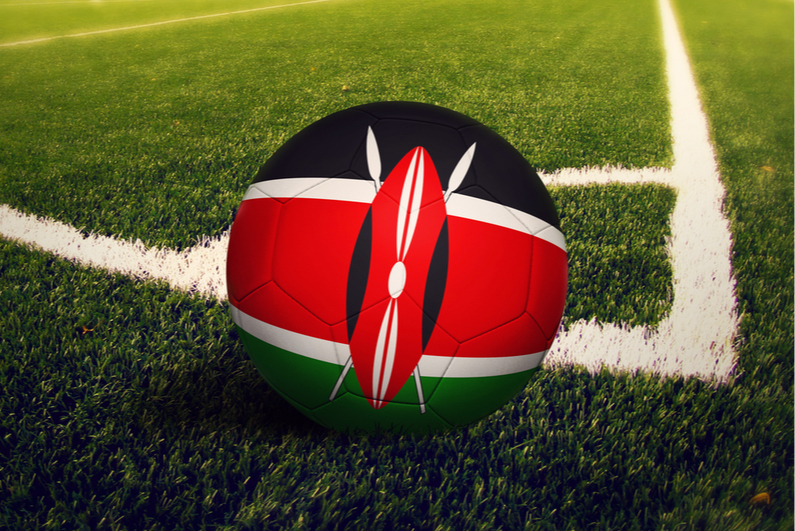UPDATE: On July 2, National Treasury and Planning Cabinet Secretary Ukur Yatani issued a statement, saying that his department is working on a proposal for the National Assembly to reintroduce the sports betting tax “within the next six months.”
Calculation made no sense
Kenyan President Uhuru Kenyatta signed a bill on Tuesday that eliminates a controversial tax on betting turnover. The tax law reversal is part of the Finance Bill 2020, approved by the Kenya National Assembly a week ago.
government taxed all winnings paid to a customer, including their original stake
The tax was seen as an unnecessarily punitive one, levying a 20% fee on bettors’ winnings. The problem was that the government taxed all winnings paid to a customer, including their original stake. If, for example, a bettor profited $90 on a $100 wager, the 20% tax was on the entire $190 returned to the customer, not just the $90 in actual winnings.
There was some question as to whether or not President Kenyatta would sign the bill, given his strong opposition to gambling. Last summer, he called for an outright ban on all gambling, telling lawmakers to do something about it: “We have this thing called gambling and it’s so bad, I alone can’t finish it – go change the constitution.”
Tax accomplished nothing
The rescinded tax was originally put into place several years ago, paused in 2016, and then returned in 2018. The idea behind such a harsh tax was twofold. First, lawmakers were concerned that gambling was a public health threat and therefore thought imposing a harsh tax would reduce gambling activity. Second, if gambling was going to happen, the government may as well make good money off it.
It backfired, however, as many gamblers were driven to sites not licensed in Kenya, taking potential revenue away from the government’s coffers. The removal of the tax was somehow driven by an entity only known as Shade.co.ke, which made the request to the Finance and National Planning Committee.
Additionally, Shade wanted the sports betting industry to be granted an exemption from the new 1.5% digital services tax imposed on companies based outside of Kenya. The committee denied the request.
Betting operators won in court
The controversy over the 20% turnover tax came to a head last summer, when Kenya’s Betting Control and Licensing Board (BCLB) suspended the licenses of two of the largest sports betting operators to do business in the country, SportPesa and Betin, along with 25 others.
The Kenya Revenue Authority (KRA) said the sportsbooks owed hundreds of millions of dollars in taxes and not only got their licenses revoked, but also had their digital payment channels frozen. SportPesa and Betin closed their Kenyan businesses, resulting in the loss of more than 400 jobs on SportPesa’s side alone.
Tax Appeals Tribunal ruled that the 20% tax could only be applied to a bettor’s net winnings, not on the overall stake
In November 2019, SportPesa and Betin scored a significant legal victory against the Kenyan government when the Tax Appeals Tribunal ruled that the 20% tax could only be applied to a bettor’s net winnings, not on the overall stake. The Tribunal also shifted the responsibility for paying the tax from the sports betting operators to the customers themselves.
Future is uncertain
It is unknown if SportPesa and others that left the jurisdiction will return to Kenya. Interior Cabinet Secretary Fred Matiang’I told the Daily Nation that despite the positive news for operators, they still need to meet all the requirements to have their licenses reinstated.
Not sounding at all conciliatory, Matiang’I said: “The government is on course towards ending the gambling menace in this country. Some of those firms you are saying will never operate in Kenya because they have not met the set standards.”




